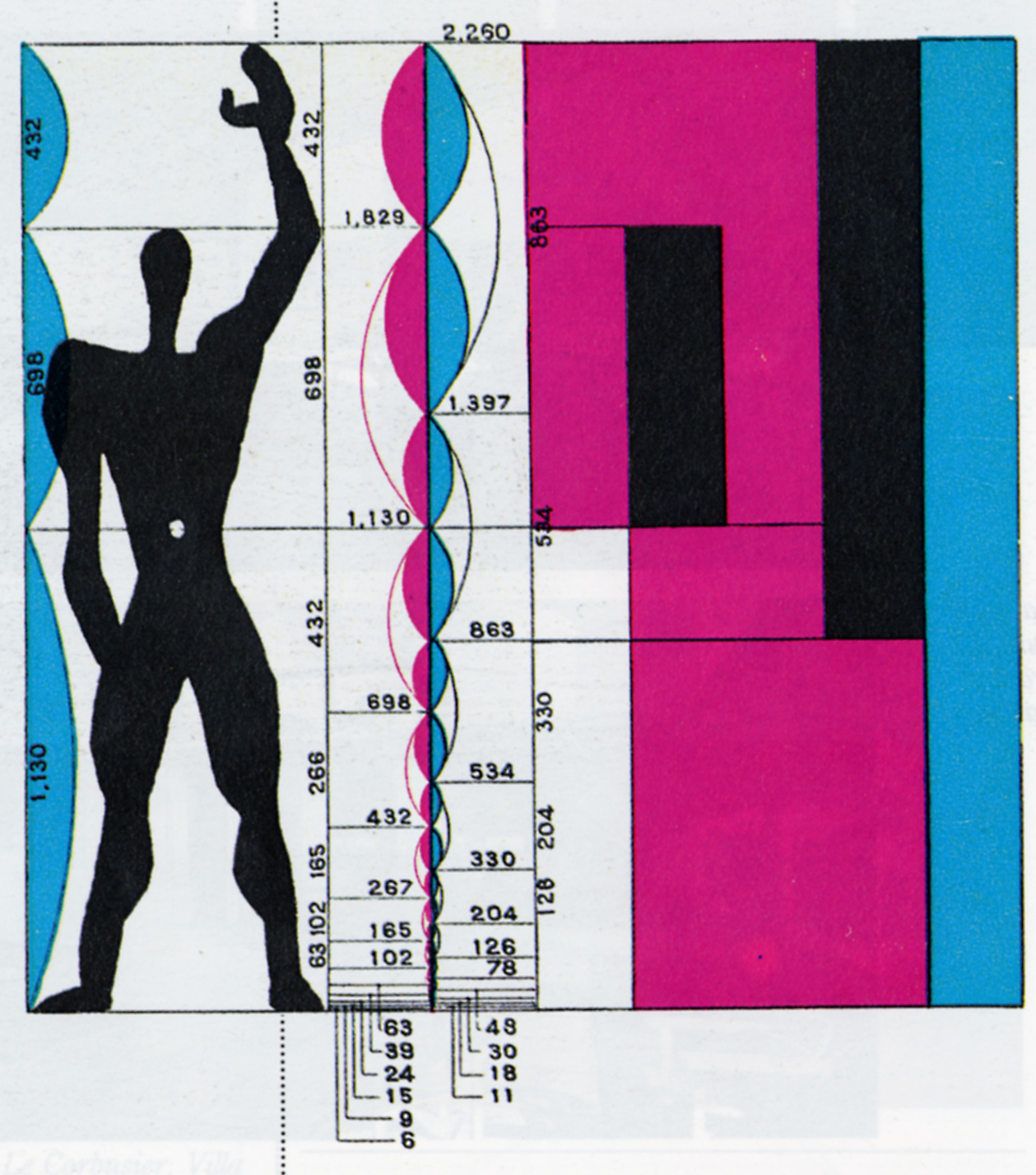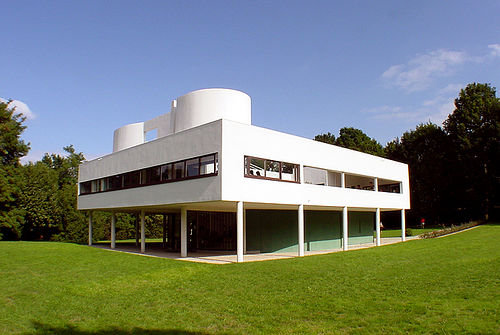Le Corbusier, Architect of Modernity
Le Corbusier “The Builder” was born Charles Edouard Jeanneret-Gris (1887-1965) and was designing houses for his family’s social circle in Chaux-de-Fonds, Switzerland by age twenty. By his twenty-fourth birthday he had apprenticed with Auguster Perret in Paris and Peter Behrens in Berlin, Germany. While he never formally studied architecture, he would become one of the two most influential architects of the twentieth century, an accolade he shared with Frank Lloyd Wright. Le Corbusier was, however, far more prolific and multi-faceted than Wright completing more than 32,000 architectural drawings in his own hand, 400 built projects, 300 paintings, 7,000 art drawings, as well as illustrated books, lithographs, engravings, works in enamel, tapestries, and furniture designs. He held 14 French patents and authored or contributed to 40 books and countless articles. It is not surprising that he is still referred to with great admiration and affection as “CORB” by thousands of architectural students who continue to find inspiration in his work. Le Corbusier, like many of his contemporary architects advocated for an architecture of his own time, free of historicism and overt references to the past. In “Towards An Architecture” his seminal book of essays begun 1921, he wrote, “We no longer have the money to erect historical souvenirs. At the same time we need to wash.” This cleansing of ornament and historical references was central to the modernist manifesto of which Le Corbusier was an intellectual architect. Yet, he was profoundly influenced by classical Greek architecture and even fashioned his own version of the “Vitruvian Man” which he called Modulor. His work is graceful, beautifully proportioned, actively connected to its landscape, and elegantly appointed, often with furniture of his own design. While Le Corbusier used manufactured materials, he did no shy away from customization and his finest compositions were available only to his wealthy patrons. Here are just a few examples of this remarkable designer’s work.
Le Corbusier
Le Corbusier's Sketch of The Acropolis, Athens, Greece
The Modulor of 1948, Le Corbusier's interpretation of the Vitruvian Man
Bull III, one of 300 paintings by Le Corbusier
Chaise by Le Corbusier
Le Corbusier's Cube Chair
Villa Savoye, 1928-28, Poissy, France. The house appears to float above the landscape on the thin pilotis (columns).
Villa Savoye, elegant ramps ascend up to the roof top.
Villa Savoy, Interior Courtyard garden
Interior Views of the Villa Savoye
Museum of Modern Art's Study of Le Corbusier
Study of Le Corbusier by William Curtis












